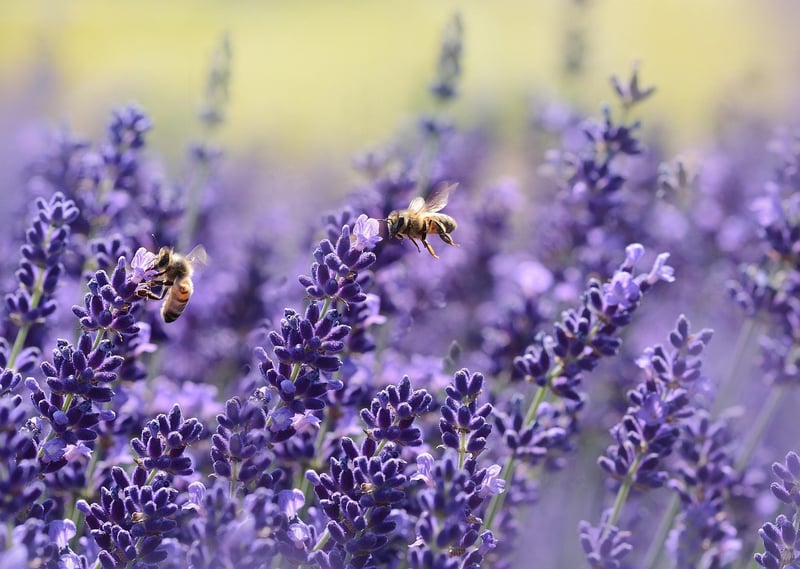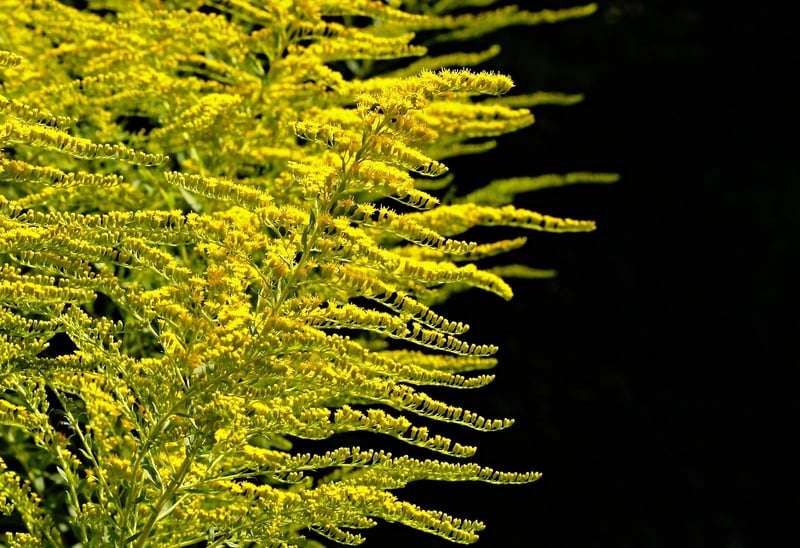Bee-Friendly Plants
Creating Habitats for Pollinators: Bee-Friendly Plants
Pollinators, especially bees, play a vital role in our ecosystem by aiding in the reproduction of plants. Creating habitats for these crucial creatures is essential for ensuring biodiversity and a healthy environment. One way to support pollinators is by planting bee-friendly plants in your garden or outdoor space. Not only do these plants attract bees, but they also add beauty and color to your surroundings.
Why Plant Bee-Friendly Plants?
Bee-friendly plants are essential for providing food and shelter for bees and other pollinators. By planting a variety of these plants, you can help support the declining bee population and contribute to the overall health of our ecosystem. Additionally, bee-friendly plants are typically low-maintenance and attract other beneficial insects, creating a balanced and thriving garden.
Top Bee-Friendly Plants to Consider:
- Lavender: Known for its fragrant flowers, lavender is a favorite among bees and butterflies.
- Sunflowers: These vibrant flowers are not only attractive to bees but also provide them with ample pollen and nectar.
- Wild Bergamot: This native plant produces clusters of pink flowers that bees adore.
- Goldenrod: A late-season bloomer, goldenrod is a valuable food source for bees preparing for winter.
- Coneflowers: With their daisy-like blooms, coneflowers attract bees and add a pop of color to your garden.
Tips for Creating a Bee-Friendly Garden:
- Plant a variety of bee-friendly plants to ensure a continuous food supply throughout the seasons.
- Avoid using pesticides and herbicides that can harm bees and other beneficial insects.
- Provide a water source like a shallow birdbath or fountain for bees to drink from.
- Include plants with different shapes and colors to attract a diverse range of pollinators.

By incorporating bee-friendly plants into your garden and following these tips, you can create a welcoming habitat for pollinators, particularly bees. Together, we can make a difference in supporting these essential creatures and preserving our environment for future generations.
Remember, every flower counts in the journey to save the bees!
